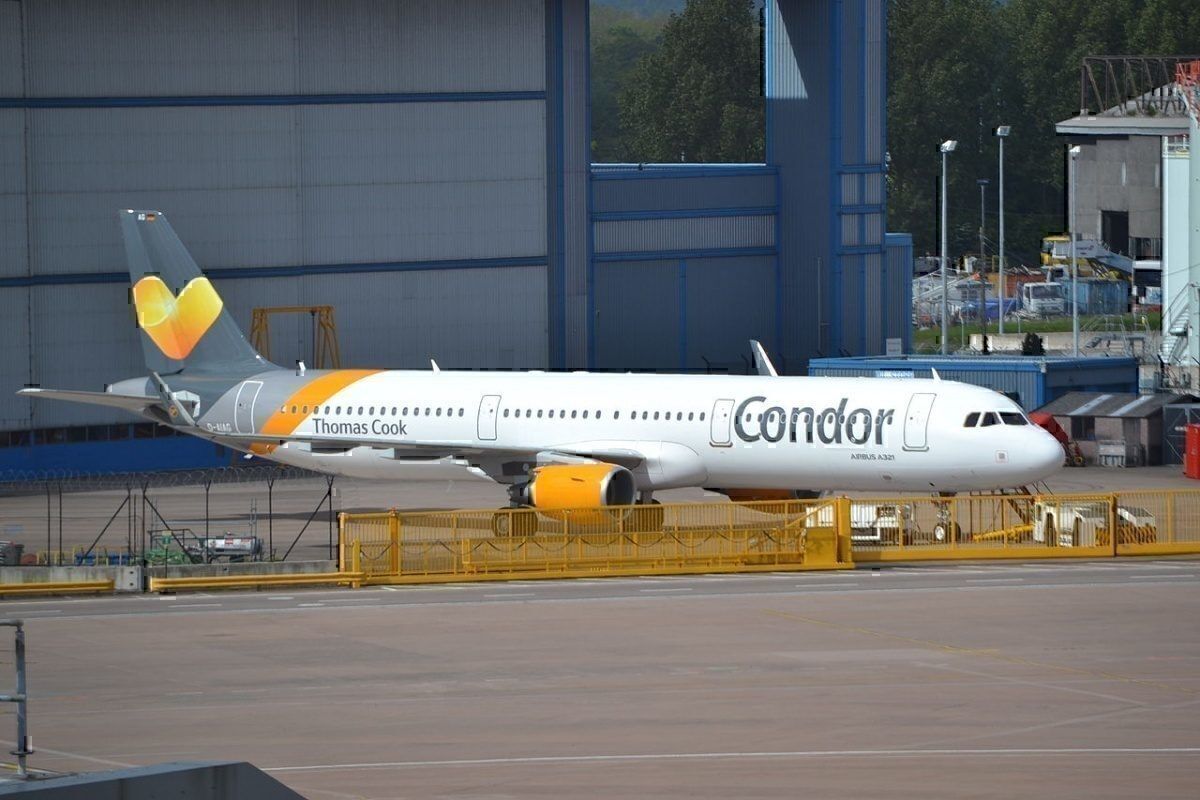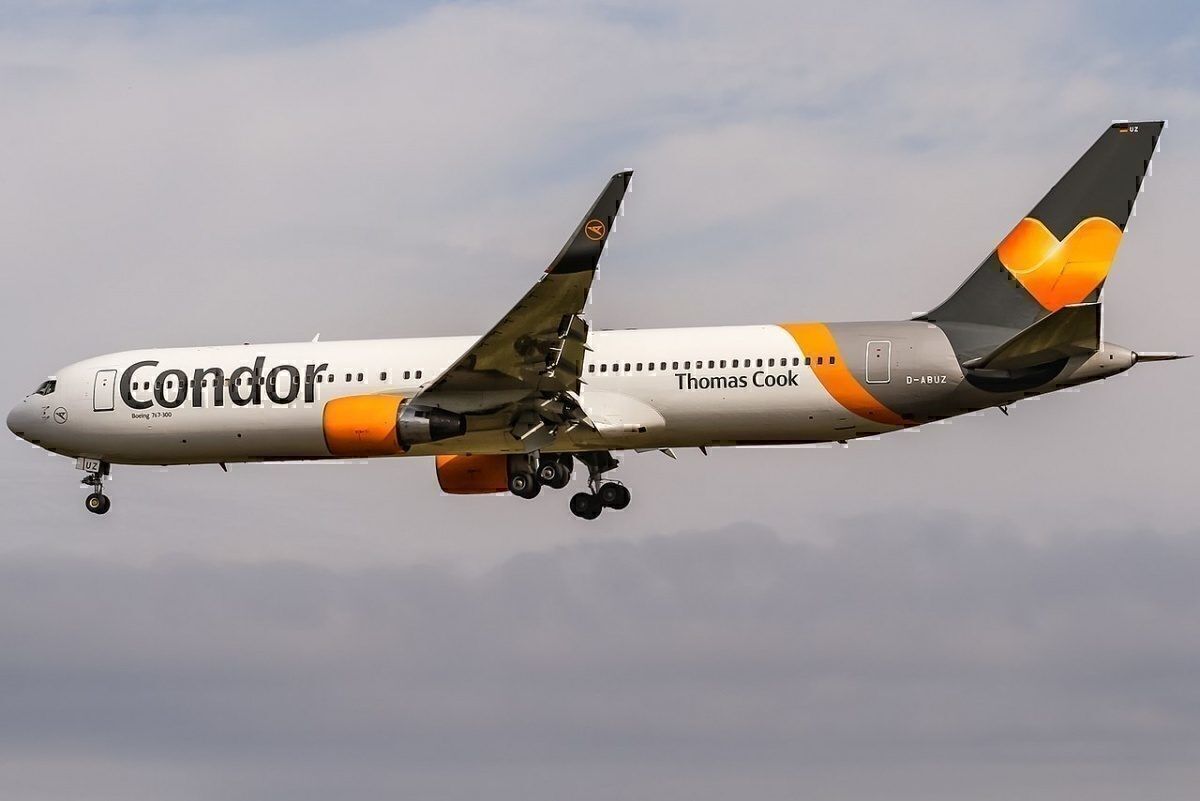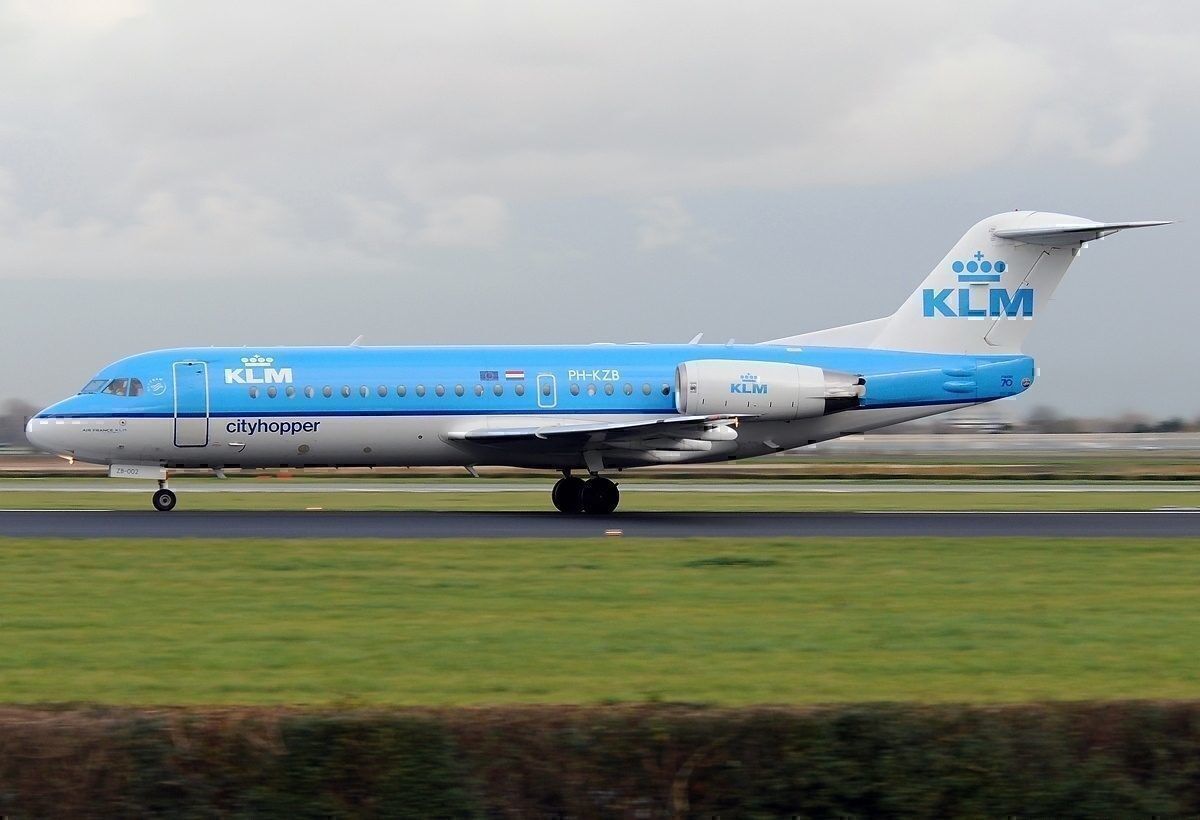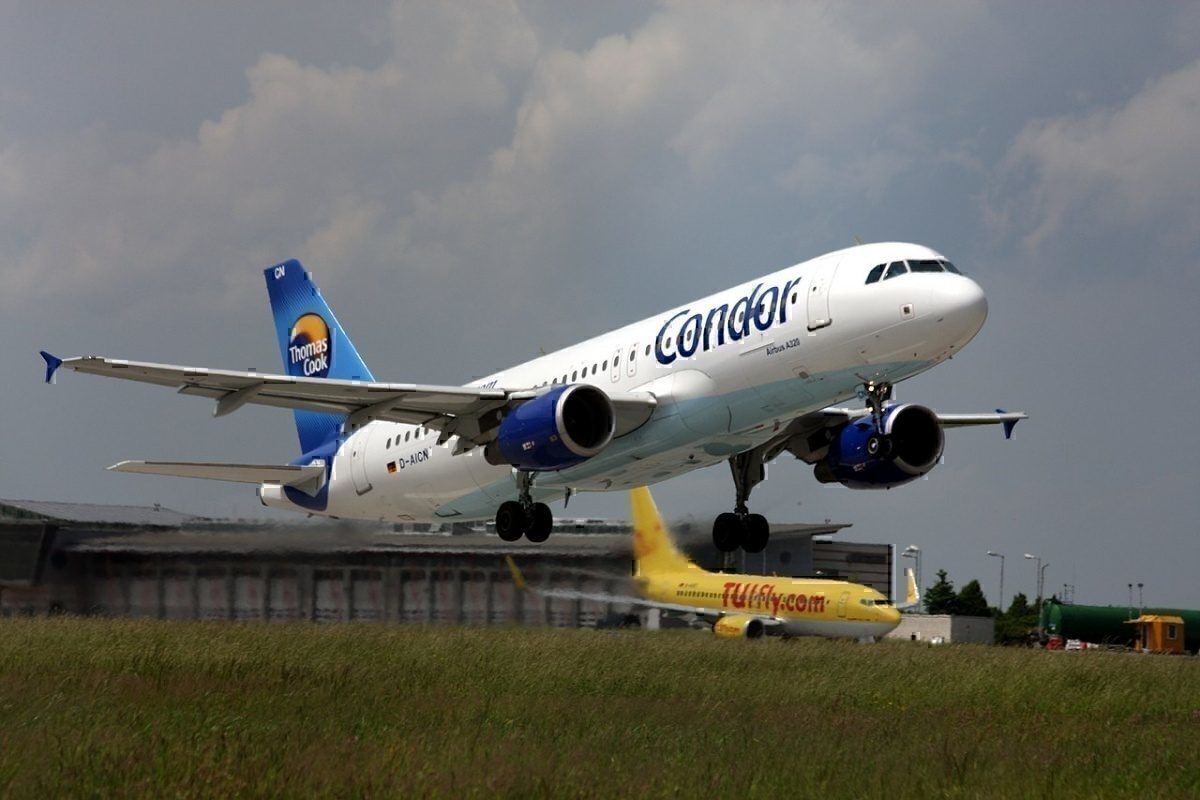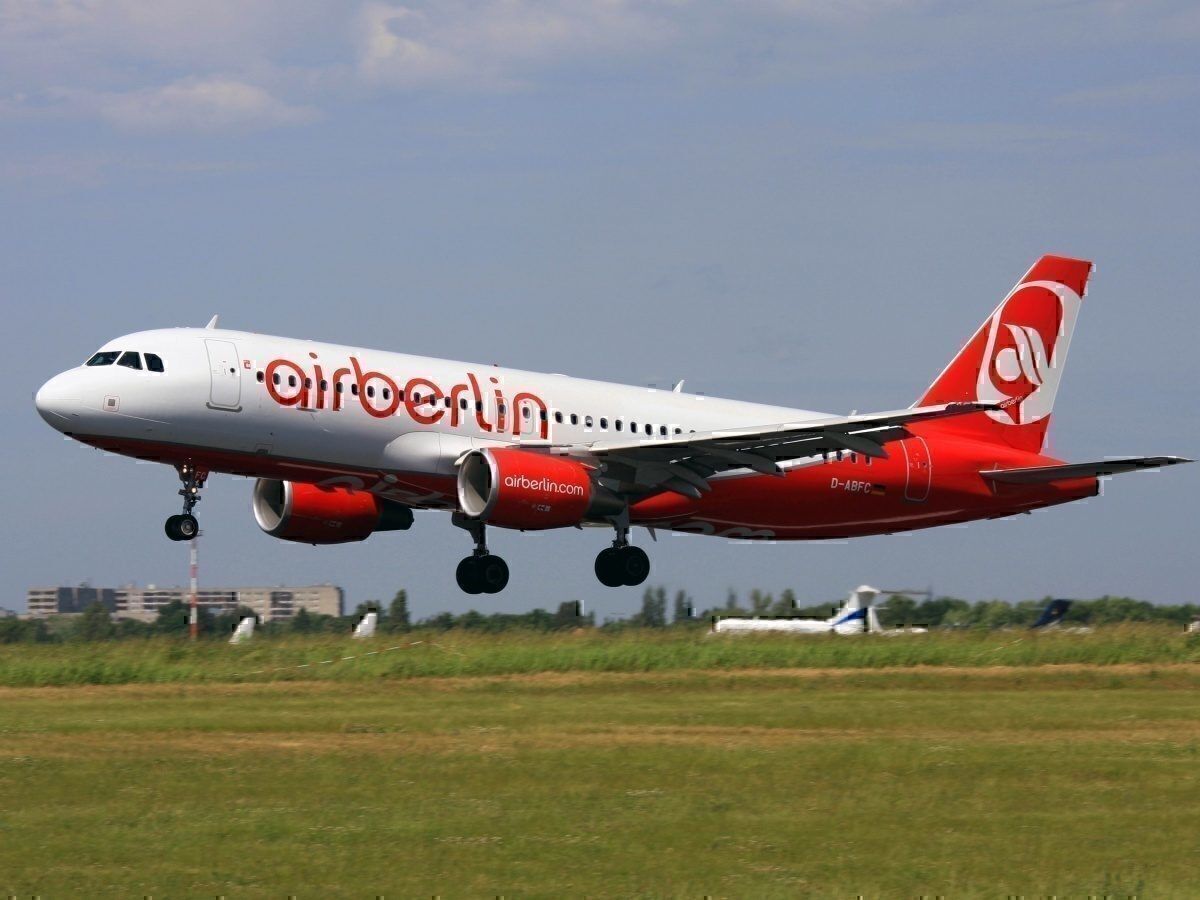After the collapse of Thomas Cook, German subsidiary Condor has obtained a guarantee for bridging loan from the German Federal Government and the provincial government of Hesse. While the capital injection may help the airline overcome its parent company's insolvency, the European Commission must first approve the loan.
Condor secures loan
In an emailed press-release, Condor has confirmed that it has received a guarantee for a six-month bridging loan from the German and Hessian State Governments. The guarantee amounts to 380 million euro (US $417.5).
According to the airline, the loan was applied for in order to prevent possible liquidity issues at Condor.
"Because our liquidity for the seasonal weaker winter booking period was used up by our insolvent parent company, we need this bridge financing for the coming winter season. This decision is an important step towards securing our future of our business" - Ralf Teckentrup, CEO of Condor Flugdienst.
Commenting on the state guarantee, Mr. Teckentrup, thanked the Governments on behalf of the airline's 4,900 employees. Furthermore, he reiterated the company's sound financial footing.
In a bid to protect the company from any liabilities stemming from Thomas Cook's insolvency, Condor has also started protective shielding procedures.
Under section 270b of the German Insolvency Code, a debtor (Condor) can be protected from foreclosure while, or before, an insolvency is administered by the courts.
The shielding procedures should have no impact on the airline's day to day operations.
European Commission to examine the loan
While the State guarantee is good news for Condor, the deed is far from done. Before disbursement, the European Commission must first approve the loan and ensure that the injection does not constitute illegal state aid.
Though state-aid is a complicated issue, a simple definition of state-aid can be summed up as the following:
"Aid granted by an EU Member State which distorts competition by favoring certain undertakings"
For a measure to be considered state aid, four conditions must be met
-
The studied measure must confer an advantage to the recipient.
- Measures include taxes, subsides, or preferential loans.
- A test for this is to ask if a private investor would have equally invested its capital under the same conditions as the public.
-
The measure must be granted by a Member State through state resources
- this includes regional governments
- It must be shown that the State exercised control over the measure
- The measure distorts or threatens to distort competition
-
The measure threatens to distort inter-Union trading
- For example, if the measure strengthens the position of a company compared to others in the EU.
- It is sufficient to show that the measure might affect inter-Union trading
Should the European Commission find that proposed bridging loan does not meet the above conditions, Condor will receive the €380m it needs during the winter months.
Questions raised
Even before the European Commission has made a statement on the bridging loan, some experts in Germany have raised questions on the Governments' decision.
Speaking to the German newspaper Welt, Justus Haucap, professor and head of the Institute for Competition Economics at the University of Düsseldorf and former Chairman of the German Monopolies Commission, expressed his disputes on the bridging loan.
"Part of competition is also that badly managed companies disappear from the market and new providers get a chance. State aid tends to prevent that" - Justus Haucap, Translated from German.
Others, such as Daniel Zimmer, director of the Institute for Commercial and Economic Law at the University of Bonn, take a more positive stance on the matter.
Also speaking to Welt, Zimmer states that in Condor's case, the aid provided will not allow a truly unprofitable company to stay in the market. Rather, the loan could ensure that a profitable competitor is maintained, given that Condor is in and of itself a profitable company. This outcome, Zimmer believes, is in line with the Single Market.
Thomas Cook insolvency and Condor's subsequent situation have also raised broader questions concerning insurance, and state intervention in airline bankruptcies. Taxpayers, for one, could be displeased should the loan go sour.
What do you think of these events? Does the proposed loan constitute illegal state aid? Let us know in the comments.

